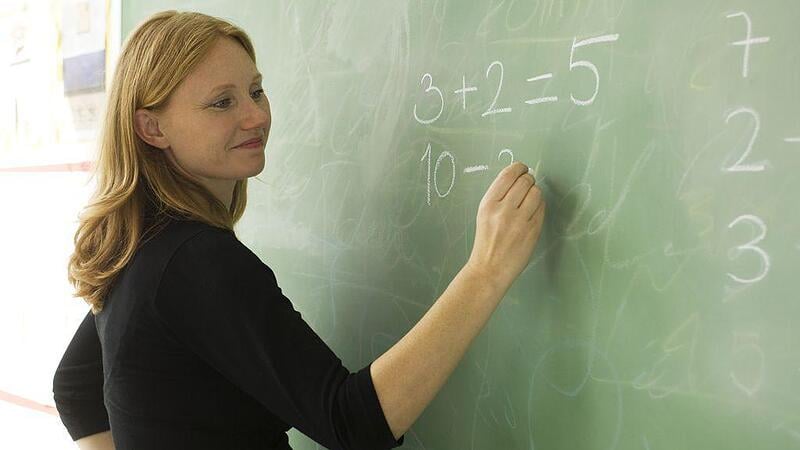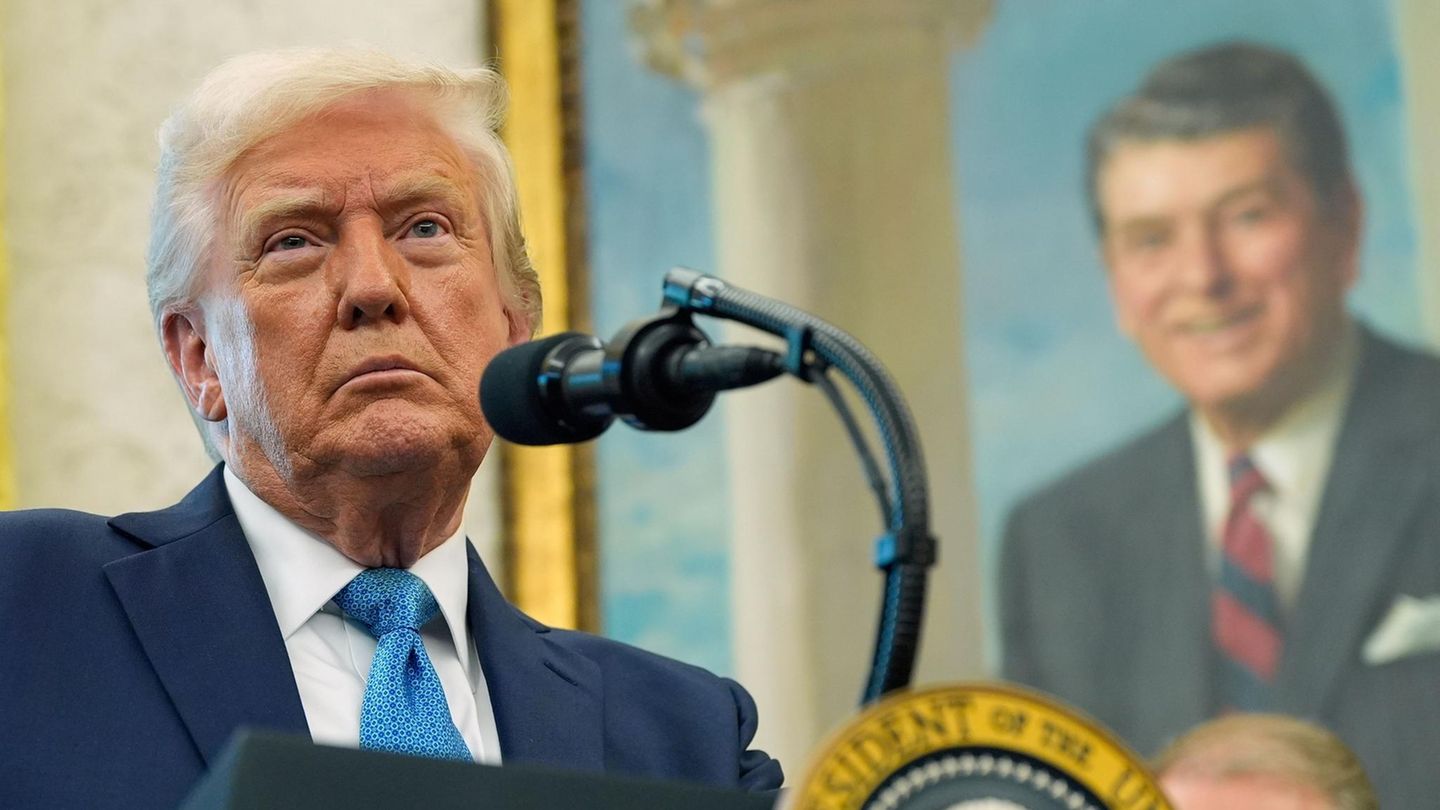Image: colourbox.com
This year, a total of 16.5 percent more people have started such training at universities or colleges of education than in the previous year, said Education Minister Martin Polaschek (ÖVP) at a press conference on Friday. The increase in training for elementary schools was particularly high (35 percent), and for AHS/MS/BMHS it was eleven percent.
A total of 3,757 people began training for a bachelor’s degree in secondary general education this year, which is 370 more than in 2022/23. Completion of this eight-semester training qualifies you to teach at general secondary schools (AHS), middle schools (MS) and vocational middle and higher schools (BMHS). 2,175 people started training for the eight-semester bachelor’s degree program for the primary level (elementary school), which is 560 more than in the previous year. On the other hand, there was only an increase of ten people to 716 in the number of first-year students in Bachelor’s secondary vocational training for lessons at a vocational middle and higher school (BMHS) or vocational school (BS).
Video: Teacher training – more new students again
Polaschek attributes the growth, among other things, to the “Class Job” initiative he started, which, in addition to recruiting career changers, also bundles information campaigns for teacher training courses. The school system is the largest personnel recruiter in Austria – there are currently more than 120,000 teachers on staff. In the next five years alone, around 20,000 full-time positions will need to be filled.
900 new teachers in Upper Austria
This year, more than 7,800 new teachers (heads) were hired, most of them in Vienna with around 2,000. There were also more than 1,000 new jobs in the federal states of Salzburg, Styria and Lower Austria, and around 900 in Upper Austria. Of these, 653 people started as career changers – these are people who have not completed a teaching degree, but have completed another subject-related degree. They also had to complete an online assessment and a personal interview. In addition to classes, they now also have to attend a university course.
The reform of teacher training that Polaschek is aiming for is still not in the clear. The bachelor’s degree should be shortened from four to the usual three years for other studies and the total duration (including master’s degree) for secondary school teachers (middle school, AHS, BMHS) should be reduced from six to five years, as is already the case with elementary school teachers is. The master’s degree should also be easier to study alongside work.
Negotiations with the Greens are still ongoing – there is no draft assessment yet. A start in the coming academic year is therefore not realistic, at least for secondary general education, said Polaschek. According to a legal resolution, the universities and universities of teacher education (PH) involved would have to change their study plans. Primary school education at the PH could still start in 2024/25 at least at some institutions, said the chairman of the PH Rectors’ Conference, Walter Vogel, who supports shortening the bachelor’s degree. In any case, it will be possible for students to switch from the longer to the shorter bachelor’s degree program while they are still studying.
My themes
For your saved topics were
new articles found.

info By clicking on the icon you can add the keyword to your topics.
info
By clicking on the icon you open your “my topics” page. They have of 15 keywords saved and would have to remove keywords.
info By clicking on the icon you can remove the keyword from your topics.
Add the topic to your topics.
Source: Nachrichten




